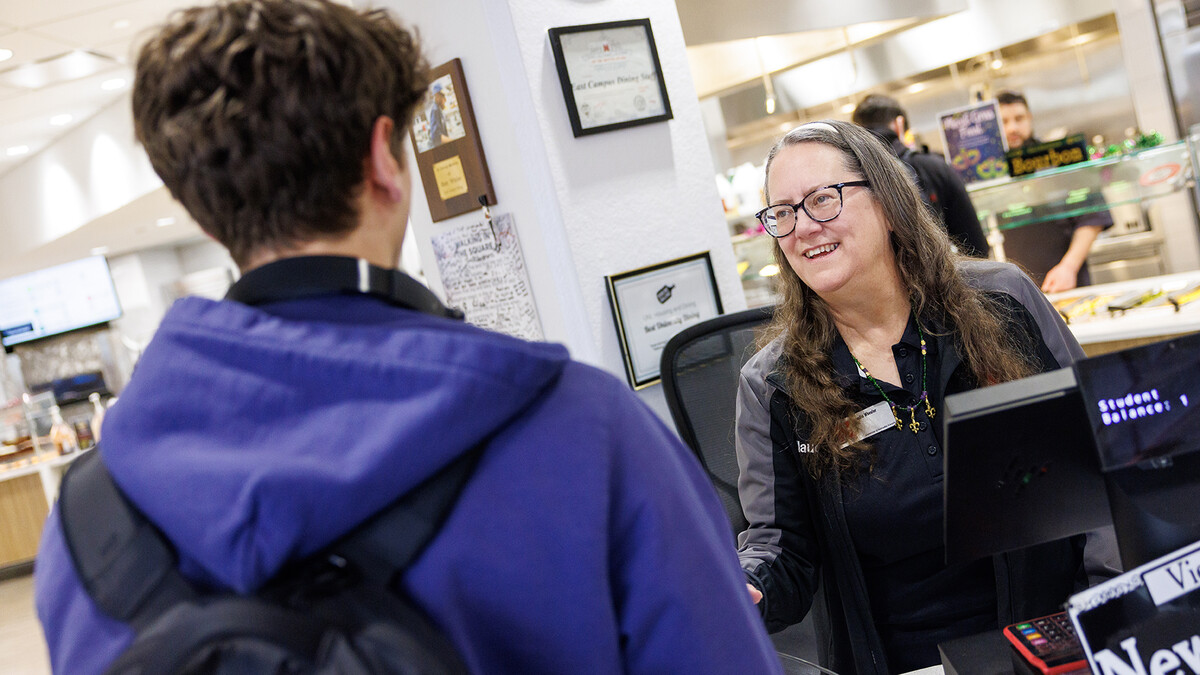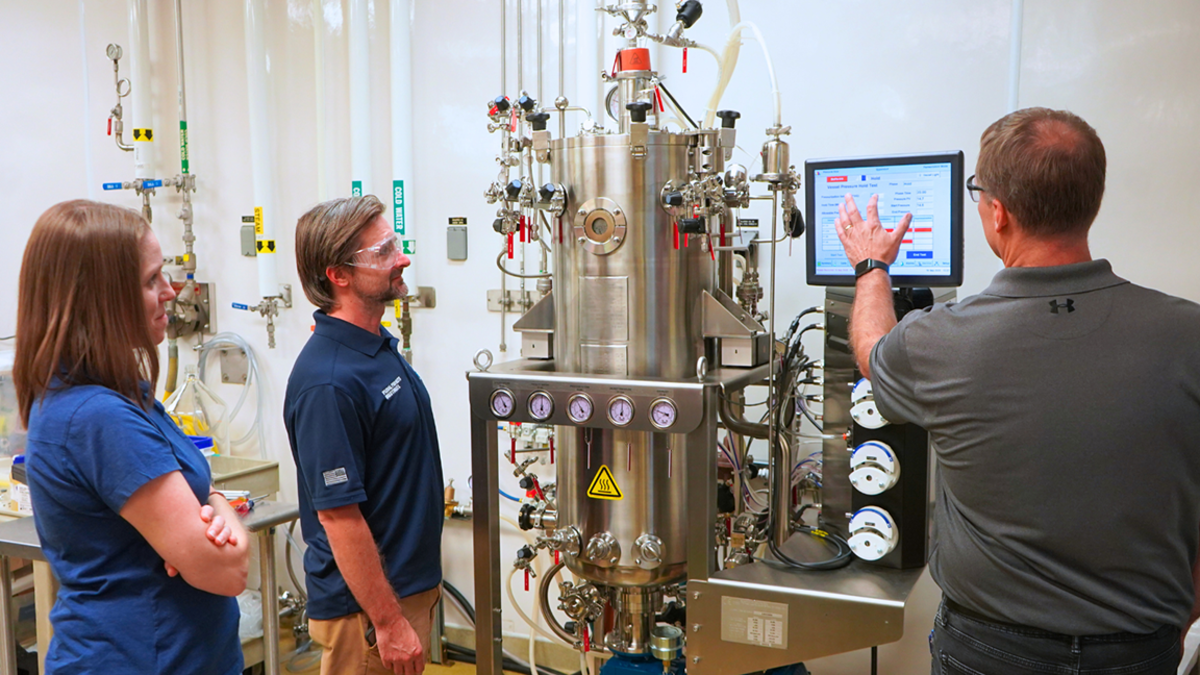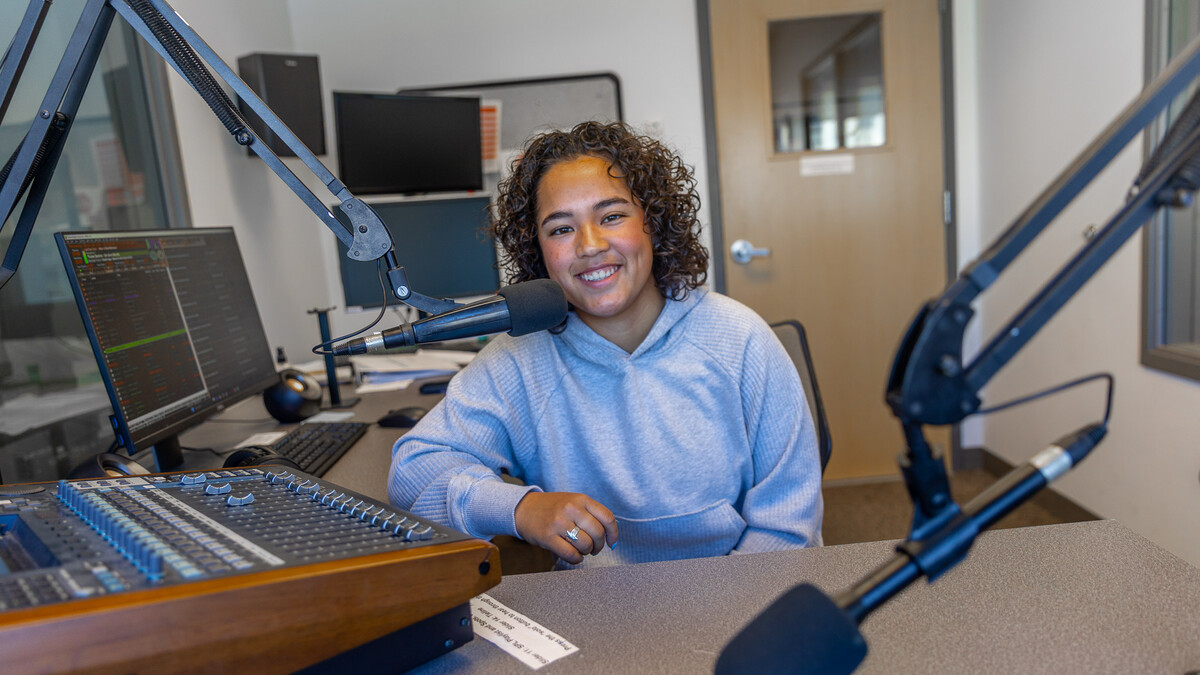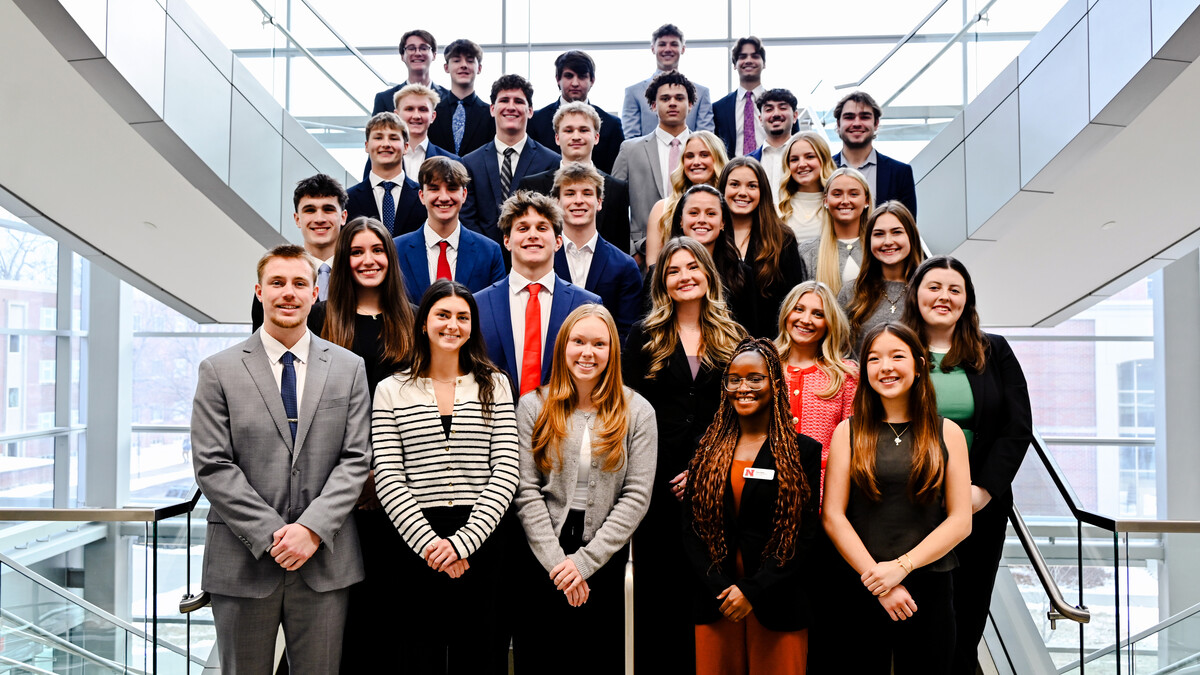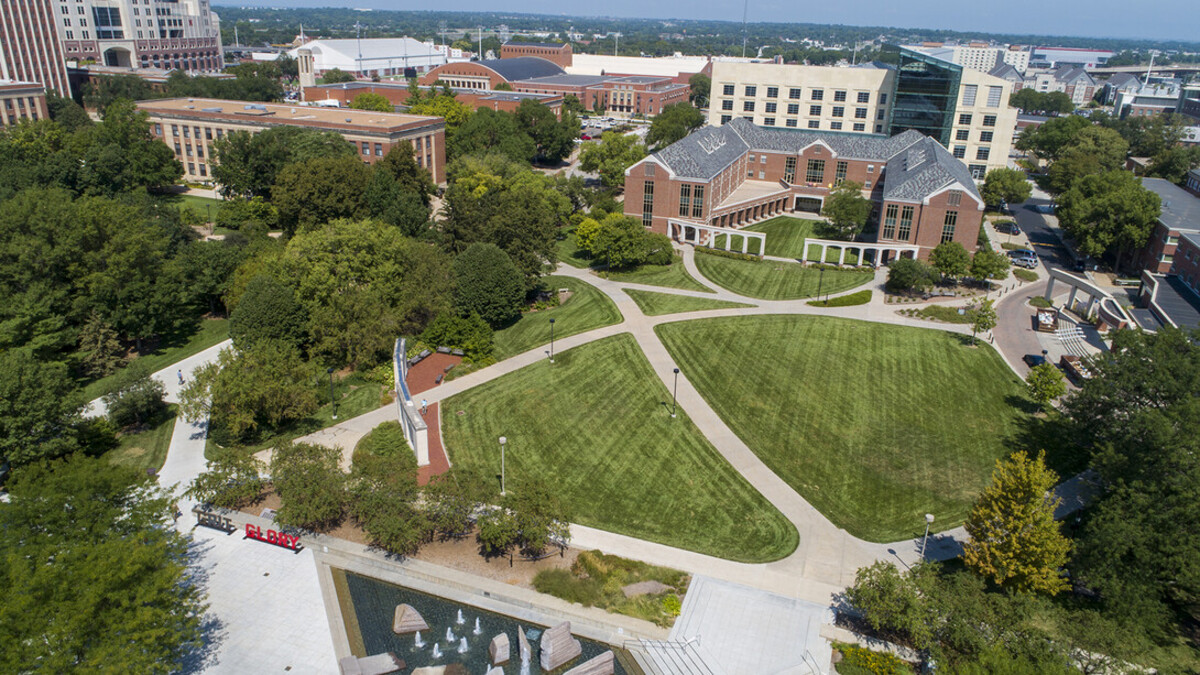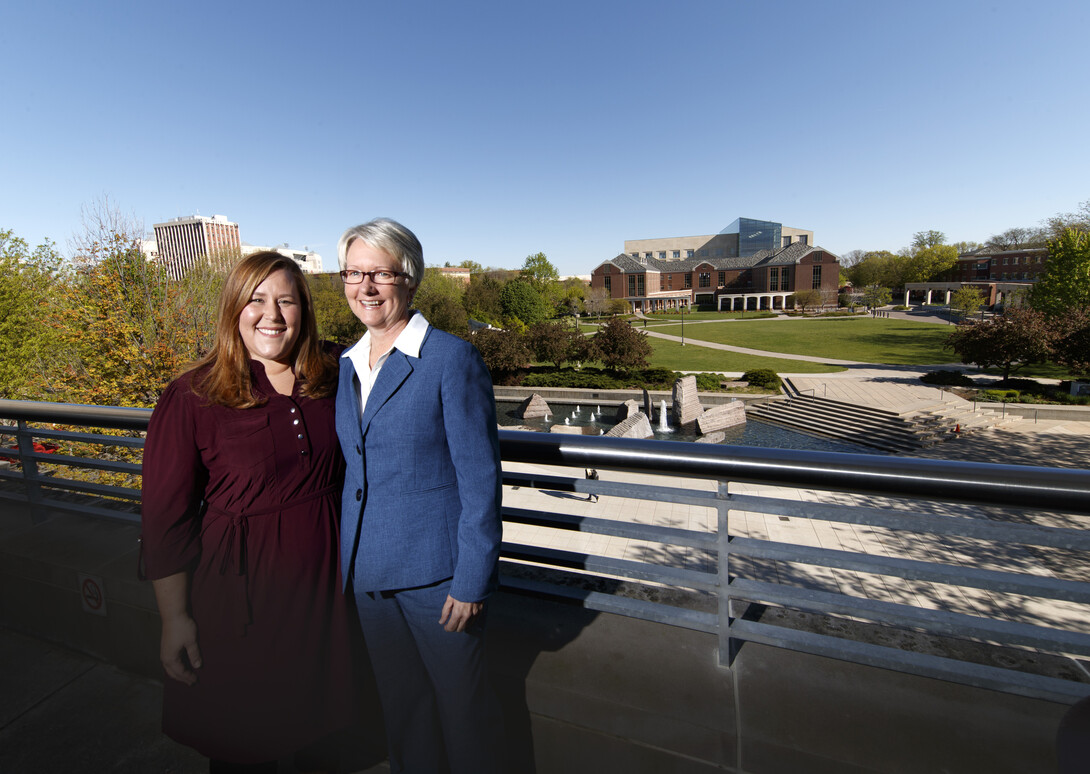
Retirement is not going to slow down Ellen Weissinger.
After more than 40 years at the University of Nebraska–Lincoln, the emeritus senior vice chancellor of academic affairs is joining an agricultural technology startup based on Nebraska Innovation Campus. She began her tenure as a faculty member in health and human performance, part of the former Teacher’s College, and concluded it in the College of Education and Human Sciences’ educational administration department. A North Omaha native, Weissinger has proven her versatility in higher education, serving the university in a variety of faculty and administrative roles.
As she transitions to another challenge, Weissinger sat down with Brad Stauffer, director of external relations for the College of Education and Human Sciences, to share some thoughts about a career that left an indelible imprint on the university.
Tell us about your time at the University of Nebraska–Lincoln. What experiences stand out to you the most?
So many things. Other than a few years away at graduate school, I’ve spent the last 41 years at this university. From the day I arrived as a freshman, the university gave me opportunities and second chances. As a student and later as a faculty member, I was encouraged to accept responsibilities that I “wasn’t ready for” and was supported as I learned. The university invested in me and that was inspiring. I really can’t imagine how much less rich my career would have been if I hadn’t spent it here. I cherish the place and always will.
Is there a highlight from your faculty role?
I loved teaching graduate research methods and for several years I was the only person who taught the introduction to research course, which meant that I got to know almost every doctoral student in the college. That course held the possibility of helping students gain research skills, but also allowed them to develop an identity as a scholar. That might have been the happiest time in my career. The students were excellent and the feeling of being fluent in the content and pedagogical strategies of an important course was intensely satisfying.
In your time at Nebraska, what was one of your most challenging yet most rewarding accomplishments?
I had the chance to be a part of several very talented groups of staff and faculty — in the Buros Institute, the Teachers College Dean’s Office, Office of Research and Economic Development, graduate studies, and the senior vice chancellor’s office. It was remarkable to be a member of truly high-functioning, high morale teams. I’m so proud to have been associated with those colleagues and their contributions. Working with my friends is what I’ll daydream about when I’m an old woman.
I had so many rewarding experiences. Jim O’Hanlon took a risk on a too-green faculty member when he made me his associate dean and gave me a wide ranging portfolio. Being a part of Prem Paul’s first Office of Research and Economic Development team with Mike Zeleny and Monica Norby was such a happy and exhilarating time. Laurie Bellows taught me so much in our first years in graduate studies when there was a lot of positive rebuilding to do.
Hiring three deans in the first 60 days of the interim vice chancellor role was the steepest learning curve I’ve ever experienced (Donde Plowman was one of them, so I guess I did OK).
The chance to support all of the deans was my favorite job as senior vice chancellor. It was wonderful to lure Nancy Kenny, Renee Batman, Brad Sheriff, Lance Perez, Amy Goodburn and Dave Wilson to our office and watch them build a modern academic enterprise.
I have a vivid memory of Harvey Perlman informing the vice chancellors that we were joining the Big Ten. A few days later I got to take the phone call inviting the university to become a member of the Committee on Institutional Cooperation (now the Big Ten Academic Alliance).
Signing tenure and promotion letters was a rare privilege and always made me emotional.
One of my fondest memories was having a heart-to-heart with Ronnie Green during his interview for vice chancellor of the Institute of Agriculture and Natural Resources. In retrospect, launching colleagues into the next phase of their administrative careers was the most rewarding thing of all.
On a personal level, presiding at commencement and handing my niece (Sarah Murphy, director of First-Year Experience and Transition Programs) her diploma was a dream come true.
If you could do it all again, what would you change?
I’m retiring happy and satisfied. There are so many colleagues, past and present, who I really like and admire. Every dayI had the chance to help good things happen. I wouldn’t change a thing.
Tell us about your new opportunity and what has you excited about it.
I’m going to work for a young company at Innovation Campus called IntelliFarm, an ag tech product development company that brings disruptive solutions to complex problems. Everything about the role is new to me and it’s a blast. Entrepreneurs are brave folks.
For future leaders hoping to make an impact in higher education, what advice would you offer?
Stick around. Great universities are built by staff and faculty who advance the long term success of the institution. A career goes by fast. Swing for the fences. Be very courageous in pursuit of the things that matter most. And don’t hassle administrators, unless you absolutely have to.
Any final thoughts?
Thank you to everyone who has been so generous and patient and kind. You enriched my life.
